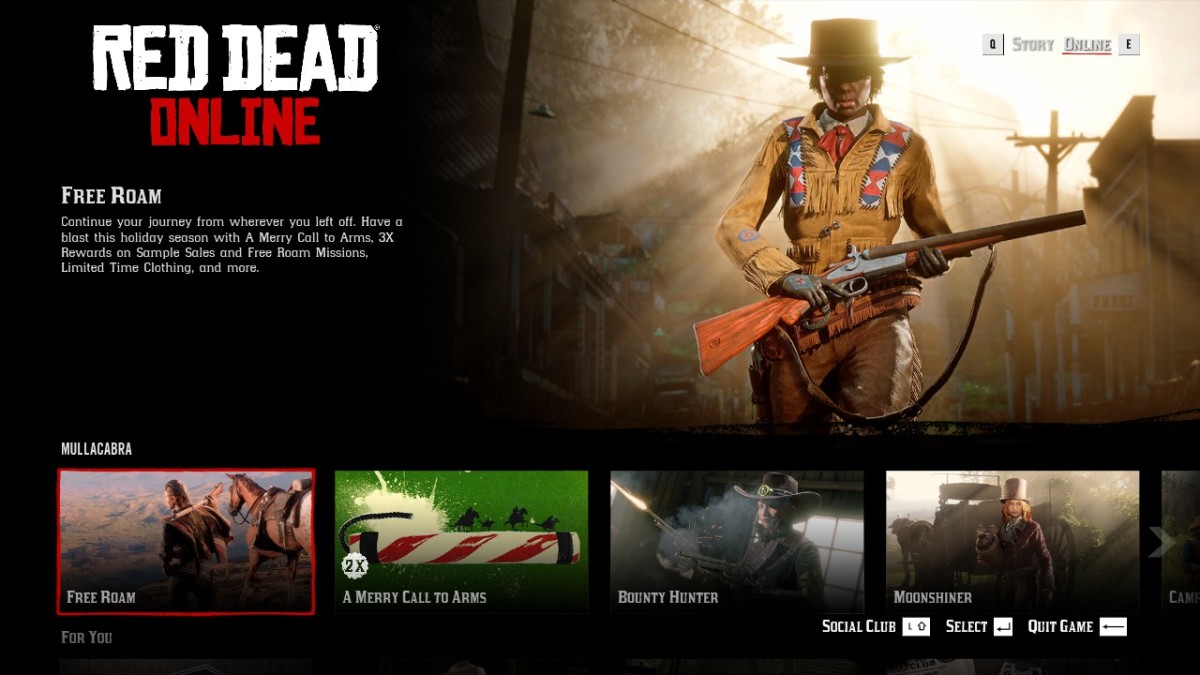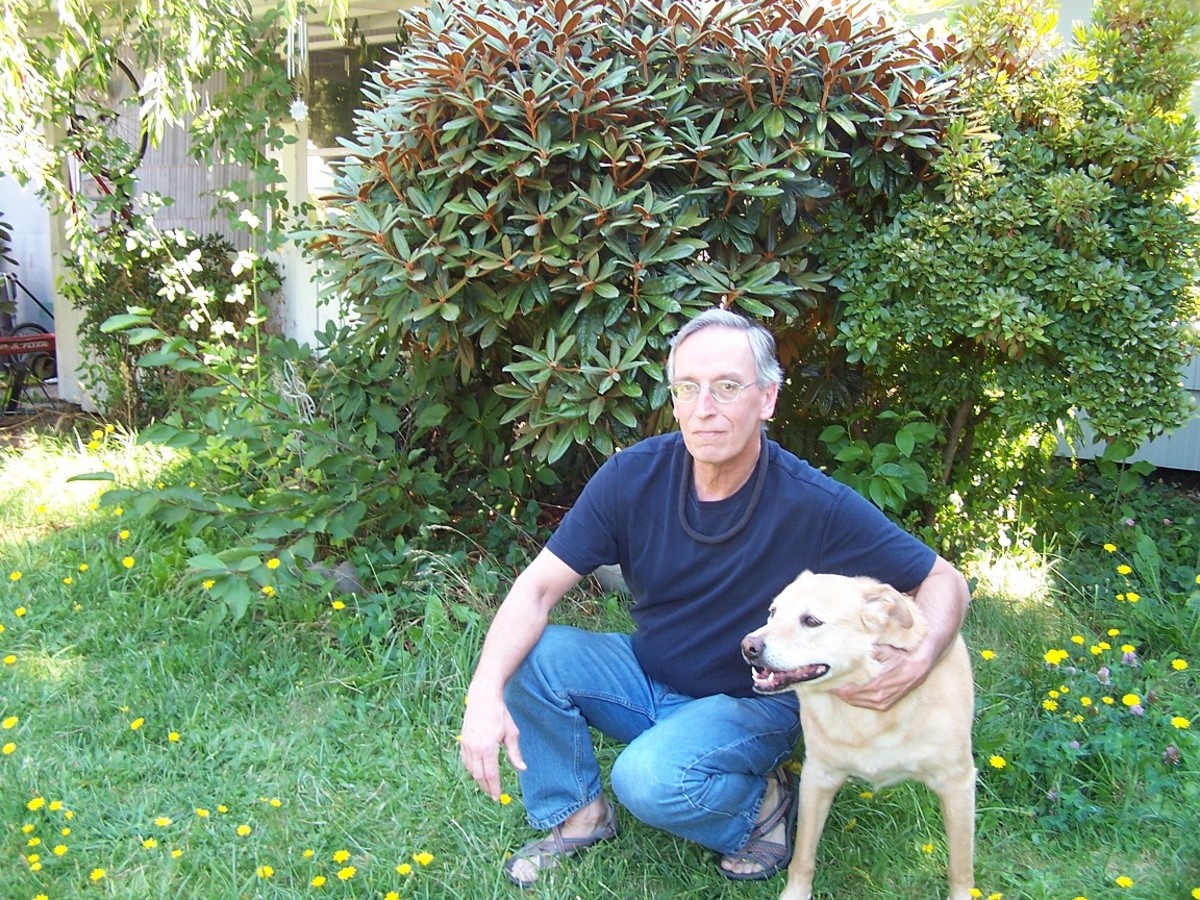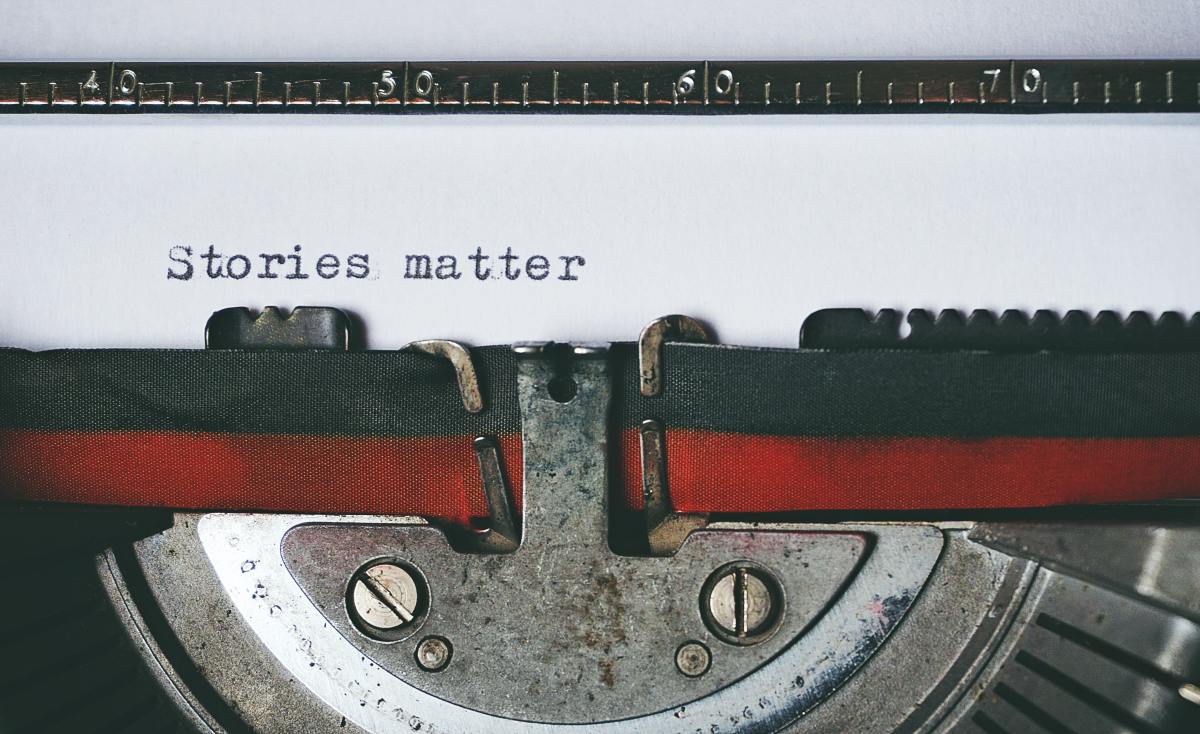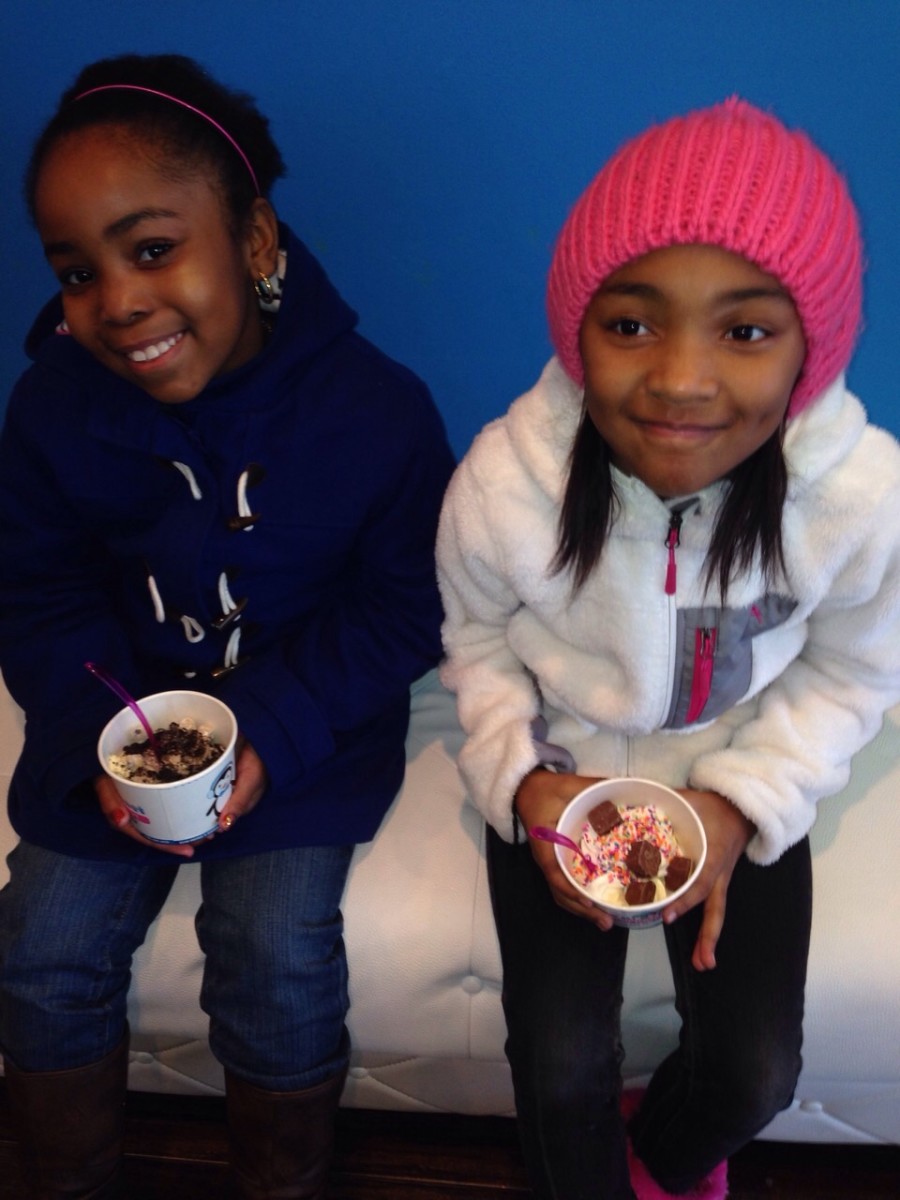How to Write Yourself Happy

Theory Of Happiness
Psychologist Martin Seligman is an expert on happiness. In his PERMA model he recommends that we maximise five elements that promote happiness for an individual. The following is an excerpt from his Positive Psychology Program:
"Positive Emotion
Engagement - entirely absorbs us into the present moment
Relationships
Meaning
Accomplishments - realistic goals and ambition can give you a sense of satisfaction. When you finally achieve those goals a sense of pride and fulfillment will be reached."
Creative activities can offer a level of engagement and accomplishment, and through creativity often meaning can be found.
Here are some common misconceptions that have crushed many an aspiring writer's spirit.
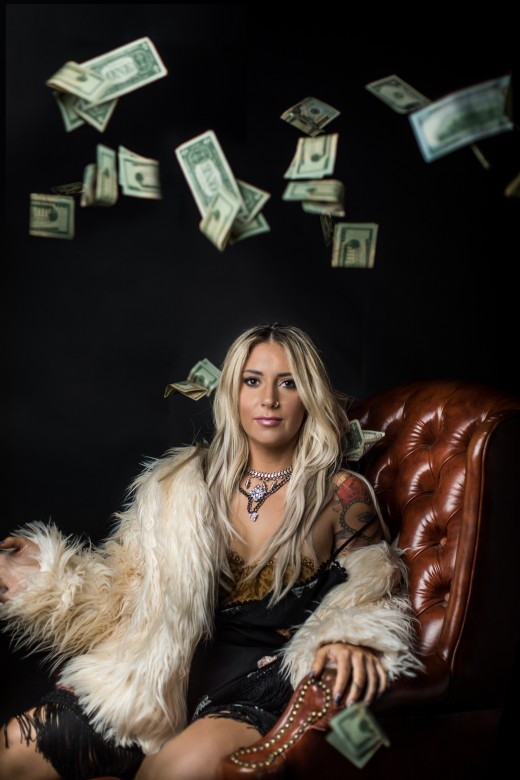
It won’t make me any money
According to this article, the average annual income is $61,820 for writers. Another article found that in a group of successful authors earning $100k+ per year, 20 percent continued to work to support their writing; in the emerging author group earning <$500 per year, 66% were working or being financially supported.
So yes, most of us following the writing life probably won’t get rich enough to retire early, but many writers are able to make a reasonable living.

Isn’t writing for enjoyment something for kids?
As life takes over, many of us ‘leave childish things behind’ to paraphrase C.S. Lewis, in order to focus on getting qualifications or vocational skills. Then commitments make demands of our time, and pragmatic productivity trumps creativity.

Isn’t it a waste of time?
Parkinson’s law states that work expands to fill the time available for its completion. If we see ourselves spending the weekend knee-deep in household chores for instance, that will be a self-fulfilling prophecy. For a pragmatic look at beating the clock, check out author and writing guru Joanna Penn's advice.

I’d feel guilty if I sat on my own, in my own head
Good writers leave the house and go outside to observe (all right, sometimes eavesdrop) and be inspired by nature. Plus, writing doesn’t have to be in a dingy corner. Joanna Penn (above) likes to write in cafes, as do many authors.
In addition, writing can be a highly social activity in other ways:
- Writers' festivals encompassing multiple genres down to more specific genres such as speculative fiction.
- There can be crossover of writers into less obvious realms, such as Australia’s Supernova Comic Con where sci-fi and fantasy attracts Australian speculative fiction talent.
- Writers' groups - face-to-face through Meetup or other networks.
- Online such as through the ever-increasing number of Facebook groups. As a member of more than seven Facebook writers’ groups (notwithstanding some overlap) we add us up to a massive 92,748.

Where’s the excitement?
- Contests. Deadlines, themes and prompts. Prizes can be just seeing your name and work in print, or being a runner-up or winner of an international contest. Being a runner-up in that contest opened the door to my first publication (link below). Even money. £30,000 is on offer for the Sunday Times EFG Short Story Award. The Australian Writers’ Centre runs a free monthly flash fiction contest with $500 up for grabs, and it’s open to anyone anywhere in the world.
- Publication - magazines, literary journals, books.
- Collaborating with other writers in anthologies. This can be a great way of having your story published whilst being part of a mutually supportive group.
- Writing marathons. National Novel Writing Month (NaNoWriMo) is a non-profit mission to get writers put down their words with fervour. As their website states, “On November 1, participants begin working towards the goal of writing a 50,000-word novel by 11:59 PM on November 30”.
- Sharing your creations with friends and family.
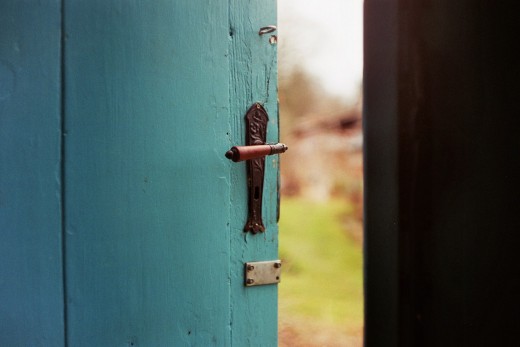
How do I start?
- Cast aside preconceptions and negative self-talk. “I don’t know what I’m doing”, “It’ll probably be rubbish” are excuses to avoid risking failure. There is no failure if you’re just trying, just practising, just having fun.
- Think about what you like to read. What stories or authors draw you into their worlds? What genres do you most enjoy – thrillers, cosy mysteries, sci-fi? Romance, horror or historical fiction? Or are you more interested in the truth of things? In that case, you might like to think of memoir writing.
- Don’t forget your local library. A huge range of ebooks and audiobooks are available online.
- It’s just you plus a pen and paper or computer. Or dictating into your smartphone.
- If you aren’t ready to start on your 80,000 word novel yet, try flash fiction. That’s very short stories, a famous example being Ernest Hemingway’s poignant six-word story: For sale: baby shoes, never worn.
- Write a little every day or every week… it’s all up to you. Write 400 words per day, or 3,000.

What tools are available to support me?
- Read, or listen to audiobooks. “If you want to be a writer, you must do two things above all others: read a lot and write a lot,” states Stephen King in his inspirational how-to book “On Writing: A Memoir of the Craft”.
- By reading widely, your creative soul will gorge on an almost infinite range of authorial voices and story. And as Oscar Wilde said, imitation is the sincerest form of flattery. Not plagiarism, of course, but more like a student learning from how their master makes the smoothest moves.
- Instructional books, websites and podcasts. There are encouraging guides for all levels. I like “The Art of Fiction” which is full of John Gardner’s wisdom and wit, whereas others can be drier. I listen regularly to podcasts that give me tips such as The Creative Penn, Helping Writers Become Authors and The Book Editor Show.
- If you want to ensure you work is free of technical errors, there are a number of apps such as Grammarly and Hemingway. For fans of typing, I mainly use Google Docs (free) and Scrivener (reasonable cost).
- Writing courses. How to present an opening sentence that hooks the reader? How about theme, plot and character development, setting, dialogue and symbolism?. Some courses are free, like this one or this one.
- Beta readers. I offer a beta reading and critique service and love it as much as I do writing. A beta reader has a good look at work before it is ready for editing pre-publishing. Friends and family might be the first people you think of, but for obvious reasons they may be positively biased towards you. A beta reader doesn’t have to be writer themself, just someone who is happy to read your draft and give an honest opinion, though a writer can give extra perspective and more depth to feedback. Beta readers can be found through online forums such as Fiverr and some Facebook groups.

John Gardner's book is an example of gentle instruction that will help you craft a rich story.

© 2019 Alice Lam


